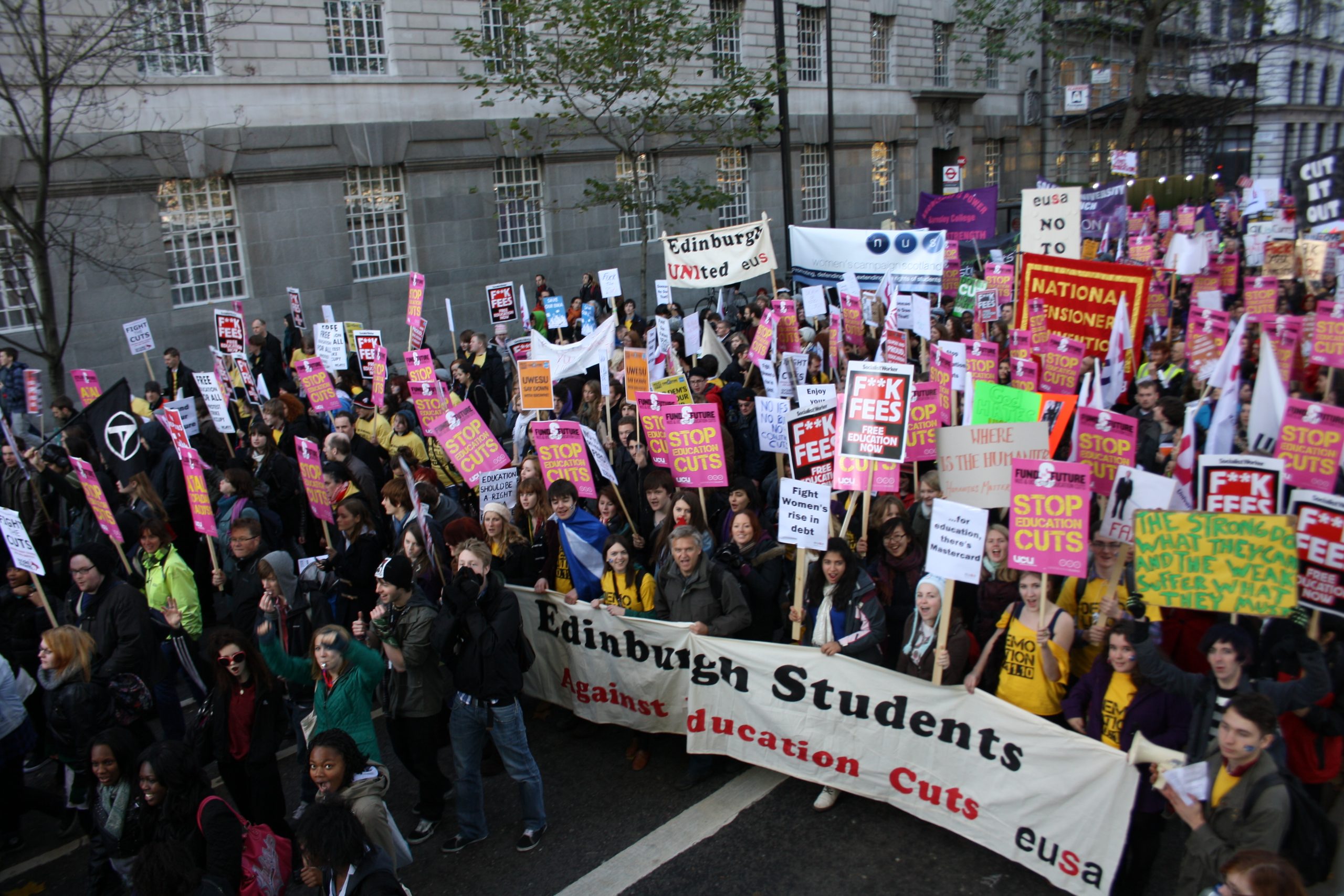On Thursday October 7, the results of the Edinburgh University Students’ Association (EUSA) by-election were announced. Voter turnout was just under nine hundred, out of a student body of almost 30,000 (roughly three per cent). So does anyone really care? Are people apathetic towards student politics or simply ignorant of it?
Speaking to students it’s clear that a sizeable proportion didn’t know much about the elections. Undergraduate Mark Scott said that he didn’t vote as he “knew nothing about the candidates”. Some students weren’t aware of the elections at all. Abigale Pace, an undergraduate Mathematics student, saying, “I didn’t even know about it.”
First year Robin Randall did vote, but said, “I voted because my friend was standing for election. If my friend wasn’t campaigning I wouldn’t have known it was going on.”
Emily Small is in her second year and says that last year’s EUSA elections were hard to miss, but that the by-elections were more low-key: “[At the last election] I heard the same manifestos about eight times each. It got irritating. In this case, I had no idea that there was a by-election. Bit of a contrast!” She added: “the general feeling I had was […] that it wasn’t really about the other students at all. I was a bit disillusioned with the whole thing.”
There are many reasons why students might not vote. A heavy workload is likely to put people off. Trawling through all the manifestos to see who is right for the role seems like a lot of effort, especially if you’ve got an essay due any time soon. It’s understandable, therefore, that the elections are not seen as a priority among those stressed about work. Small said that she did not vote in last semester’s election as she “was neck-deep in work […] and missed the date.”
However, there is also apathy among some students, provoked by a feeling that the results simply won’t make a difference. As Nathan Benton put it: “I think it doesn’t affect me”. However, many disagree with this. In regards to student activism, Robin Randall said, “I’m all for expression of how and what could be changed. It’s important for the running of the university that students have their say.”
These certainly were elections in which one vote really could make a difference. One position, Health in Social Science School Convener, drew only three votes. However, in larger, national elections, there is a sense that students’ voices are lost in the crowd, especially given the political engagement of other groups such as over 65 year olds, 96 per cent of whom were registered to vote at the time of the last general election.
Does a lack of interest in student elections reflect a lack of interest in politics at a national level? It doesn’t seem like it. All those asked said they would vote in a general election. Mark Scott said: “even if your vote doesn’t count, it’s important to be able to express yourself and stand up for what you believe in.”
It’s more difficult to argue that national elections don’t affect us, especially if you’re paying £9,000 fees. However, at the 2010 general election, of the 56 per cent registered, only 44 per cent of 18-24 year olds voted. This figure demonstrates that youth turnout for the general election was relatively low, although this does not necessarily reflect student engagement. A YouthSight report from 2012 found that around 77 per cent of students at Russell Group universities, which includes The University of Edinburgh, said they were very likely to vote if a general election were called immediately.
Generally, students don’t seem to be apathetic, but engagement is likely to be low if students feel that elections don’t matter. Perhaps students needed to be better informed about EUSA’s election, not just the simple fact that it was happening, but also what difference the results could make.

